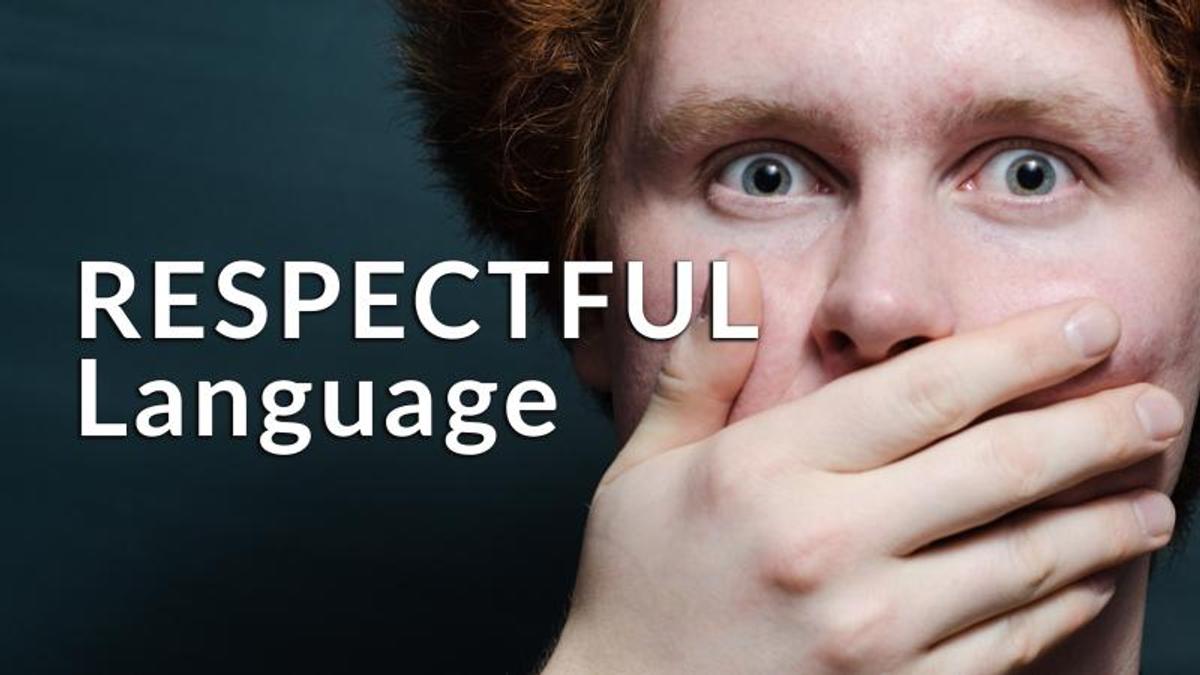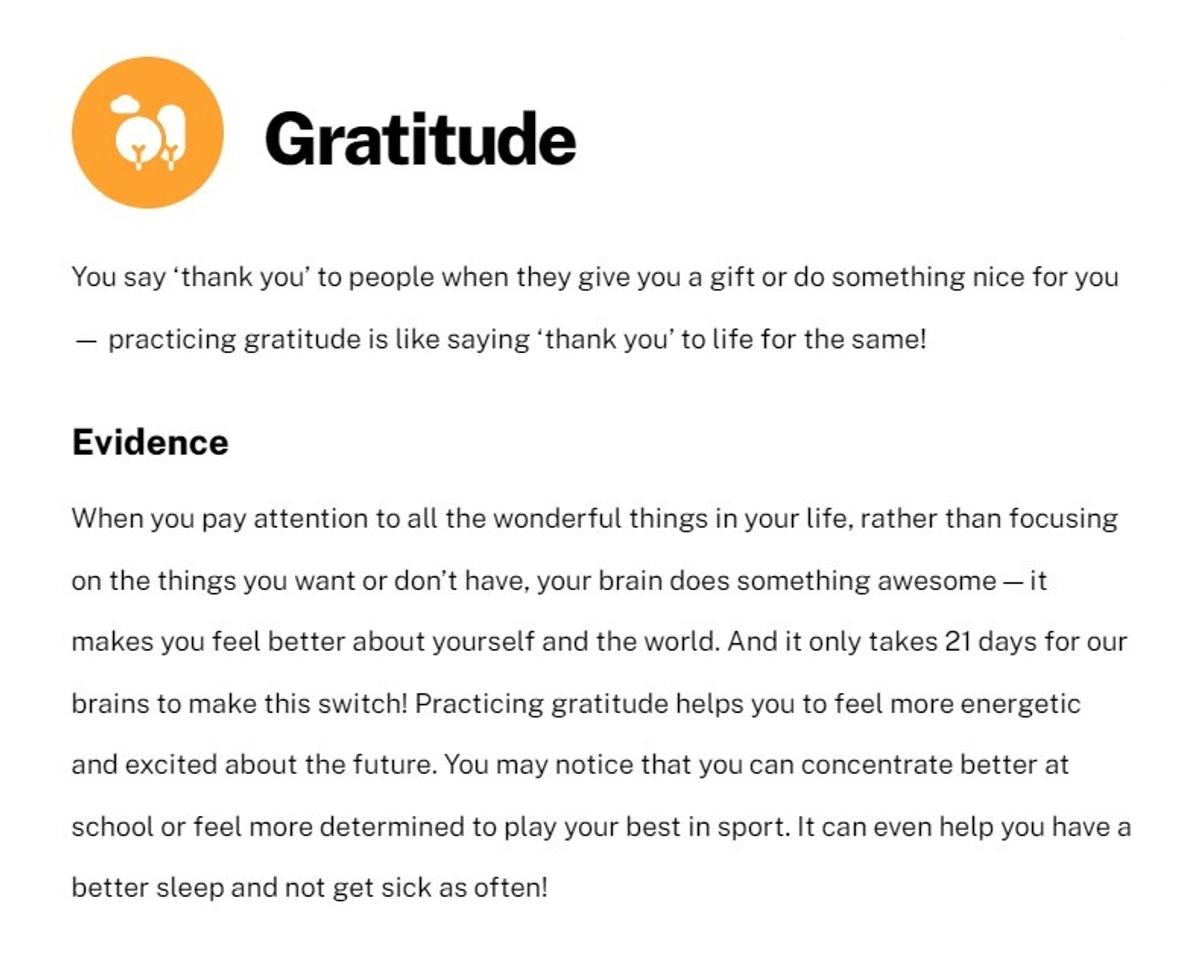Wellbeing

School TV - SPECIAL REPORT Respectful Language
In today’s world, it is becoming apparent that some young people are being influenced by the language around them. It is becoming more common for them to hear derogatory terms or offensive language on the streets, on social media channels, on streaming services and in some forms of modern music.
Proliferating the use of such language can sometimes normalise, glamorise and sanitise their impact, taking their meaning out of context. Words can be misconstrued to be hurtful, racist, homophobic, misogynistic or even discriminatory. Using disrespectful language is considered socially unacceptable, and if not addressed early, can become a serious problem.
The use of derogatory language or the act of swearing at someone, or about someone, is actually a form of verbal violence. It transgresses the usual rules of social interaction by impinging on an individual’s self-image and sense of dignity. Therefore, many schools enforce a zero-tolerance policy when it comes to such language.
Parents and carers also need to play an important role in enforcing this approach by proactively monitoring what their children are viewing or being exposed to and discussing the use of words or their origin. This can help prevent inappropriate or disrespectful language from being used in the classroom, schoolyard or other situations.
Whilst some students may use swearing or derogatory terms for attention-seeking purposes, others may use it simply because they are still learning how to moderate their language. As young people develop their language skills, it is important for them to have a clear understanding of the impact of their choice of words on others and how their words can impact other people’s perspective of them - an important and essential skill to learn as they progress in their personal and professional development.
School TV Respectful language link
The Resilience Project
focuses on Gratitude.
Gratitude is paying attention to the things that we have right now, and not worrying about what we don’t have. We practise this by noticing the positives that exist around us.
Research shows that practising gratitude rewires our brains to overcome the negativity bias (which can lead to anxiety and depression) and see the world for what we are thankful for. It is also shown to broaden thinking and increase physical health through improved sleep and attitude to exercise.
View Part 2 of the series here Gratitude
https://theresilienceproject.com.au/parent-and-carer-hub/
There are many ways in which you can practise gratitude each day, including starting a Wellbeing Journal.
For mental health resources and support information, visit
The Resilience Project’s Support Page.
https://theresilienceproject.com.au/parent-and-carer-hub-martin/




